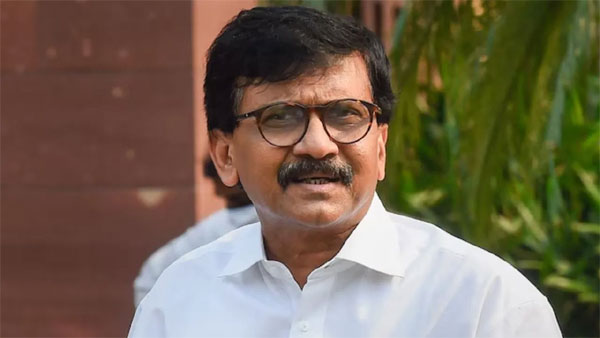Daijiworld Media Network - Mumbai
Mumbai, Sep 28: Shiv Sena (UBT) MP Sanjay Raut on Sunday strongly criticized the upcoming India-Pakistan Asia Cup 2025 final, scheduled to be played in Abu Dhabi at 8 p.m., questioning the appropriateness of the match amid national mourning following recent terror attacks.
Speaking to reporters, Raut remarked, “This is not the biggest match; it is very bad for India and Pakistan to play a match in such an environment. When it comes to terrorism, the citizens of India don’t want to keep any connections with Pakistan.”
Referring to the Pahalgam terror attack that claimed 26 lives and India's subsequent cross-border retaliation under Operation Sindoor, Raut said the grief and anger across the country had not faded. “The way the vermillion of 26 women was wiped off, we did an Operation Sindoor for that. Despite this, if we play cricket with that country, then where has nationalism gone? However, money is a significant factor here. Even if rivers of blood flow, we will play cricket,” he said.

Raut also claimed that public sentiment is largely against the match, adding, “This time, people don’t want to see the match even on their TV.”
As part of its protest, the Shiv Sena (UBT) has launched the ‘Sindoor Raksha Abhiyan’, where thousands of women from Maharashtra pledged to send sindoor (vermillion) to Prime Minister Narendra Modi, symbolizing outrage over engaging with Pakistan amid terror attacks. The party maintains that playing cricket with Pakistan undermines India’s stance on terrorism.
Earlier, Raut had accused the ruling BJP and its allies of “shamelessness” and “treason” for allowing the tournament to proceed. He questioned the government’s own past declarations. “You said that water and blood will not flow together. If water and blood will not flow together, then how will blood and cricket work together?” he asked.
He also directed sharp criticism at groups like the Vishwa Hindu Parishad, RSS, and Bajrang Dal, questioning their silence on the matter and implying a lack of consistency in their nationalist rhetoric.
Raut’s remarks have intensified the political debate surrounding the match, raising questions about whether sporting ties should be allowed to continue in the face of unresolved tensions and national trauma.